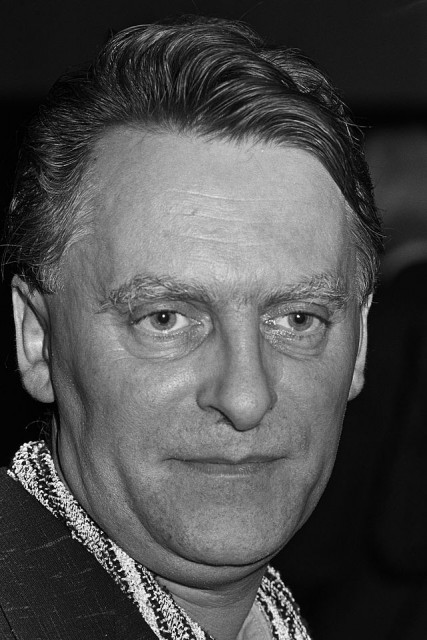
Dutch conceptual artist Ger van Elk died on Sunday, the Kunstverein München announced. He was 73. The Kunstverein currently hosts (through August 31) Van Elk’s first solo exhibition in Germany since 1988.
Born in Amsterdam, Van Elk spend many of his most prolific years in New York and Los Angeles. He first achieved prominence in the 1960s exhibiting in many of the shows that came to define what we now call conceptual art, including Harald Szeemann’s When Attitudes Become Form at the Kunsthaus Bern in 1969.
In an obituary posted on the Kunstverein München’s website, the institution’s director, Bart van der Heide writes: “Van Elk can be seen as a postmodern artist avant la lettre, through an artistic conviction that truth and reality do not exist and that every depiction of this is inherently unreliable…Ger van Elk will keep on influencing us as long as we take the time to look at it.”
Ron Kaal, who contributed to a comprehensive monograph on Van Elk added in a separate obituary: “As different as his oeuvre may be in look and handling, the essence remains the same. They come from a deep feeling that representation is in itself not to be trusted…They are constructions: political, moral, intellectual, emotional. His rule of thumb: the more realistic the depiction, the bigger the lie.”
Throughout his life, Van Elk maintained a remarkably interdisciplinary and varied practice, ranging from sculptures and installations in line with Arte Povera to strikingly progressive video and photographic works like Conversation with Missing Person (1976) and The Adieu (1974). The artist was most active, in terms of prominent exhibitions in the 1980, but had been the subject of intense resurgent interest in recent years thanks to a wealth of new exhibitions of his work in Europe and Germano Celant’s rehash of Szeemann’s show during the 2013 Venice Biennale.
Van Elk is represented by Amsterdam’s Grimm Gallery, Zurich’s Bob van Orsouw, Bochum’s Galerie M, and Berlin’s Lüttgenmeijer. He enjoyed solo exhibitions at MoMA, the Museum Boymans-van Beuningen, the Art Institute of Chicago, the Stedelijk Museum, and the Kunsthalle Basel, among others.